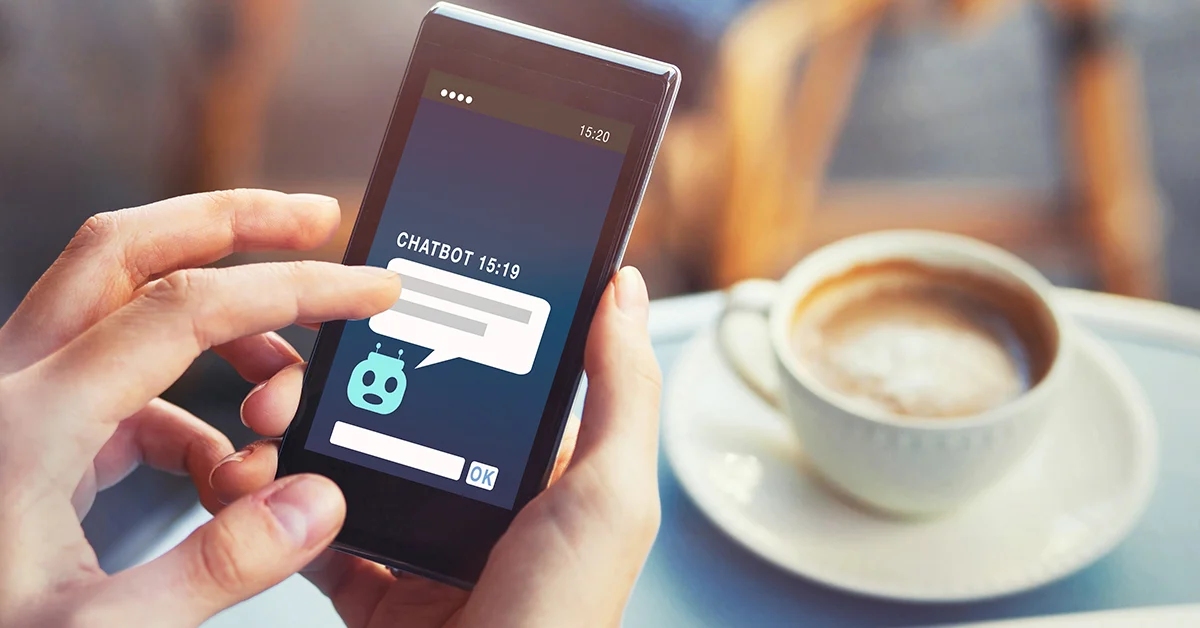Published : January 11, 2022
Table of Contents
Share this Article

Technology is revolutionizing the way companies view customer service and collect data. One particular revolution has been the usage of chatbots, which has become more frequent among major and developing companies and is increasingly indispensable to their operations and daily business. Chatbots can provide proactive customer interaction immediately and at any time of the day. For businesses with limited manpower or resources, chatbots are a great tool in helping to collect feedback and provide customer service.
Chatbots are also able to improve productivity and workflows in companies, allowing human agents to handle the more difficult tasks, which require a personal touch that chatbots are unable to. This leaves the chatbots to help in answering simple, often repetitive questions posed by customers. However, will there ever be a chance that chatbots replace humans in the workplace? The short answer is no and here are the some reasons why.
Although chatbots can streamline processes and ensure that businesses are more efficient, they are unable to fully replace humans in the workplace simply because they are unable to solve every question and task.
When it comes to more complex tasks or situations that involve multiple layers of decision making and approvals, chatbots may end up making the matter worse, thus frustrating the customer. This is opposed to a human chat agent, who can communicate feelings and empathize with the customer, automatically making them better equipped to handle such complex situations, simply because they have the human skills and relations required.
Chatbots and automation are unable to replace humans as they lack the trust, empathy, and compassion which are necessary for customer service. Simply put, chatbots are designed to complement the call agent’s tasks and make their lives easier. However, at the end of the day, humans are still very much needed to supervise, monitor, and take over from the chatbots in the event where it is unable to meet the customer’s needs. Companies that will succeed are the ones that can find the right complement of skills between artificial intelligence and humans, utilizing them to the best of their abilities.
Chatbots were invented in 1966 when revered scientist, Alan Turing, first created a computer program that could seemingly talk to a group of people. Since then, technology has evolved and chatbots are now able to respond to written and verbal cues, and reply accordingly. However, although the advancement in chatbot technology has been able to create different functions, and allow chatbots to perform more complicated tasks, it is too early to tell whether chatbots will ever replace humans.
This is because while chatbots have the computational intelligence and ability to solve tasks quickly, they lack the emotional intelligence and adaptability required to interact with real, live humans. That being said, there are some chatbots which have a feature called sentiment analysis. This programming allows the chatbot to analyze the conversation for cues in the sentences or verbal responses. Although they are still not adept at picking up subtle signs, they can help determine whether an inquiry might require human intervention. Chatbot technology such as artificial intelligence, machine learning, and natural language processing will continue to evolve and become more complex. That being said, chatbots are still far from being able to replace humans and will still serve to complement our tasks.
Dufourstrasse 22,
8008 Zurich, Switzerland
L-148, Bhive Workspace, 5th Main Road, HSR, Layout Sector-6 Bangalore 560102
42-44, Bishopsgate,
London EC2N 4AH
8 The Green Ste A
Dover, De 19901
Copyright © 2025, Enterprise Bot